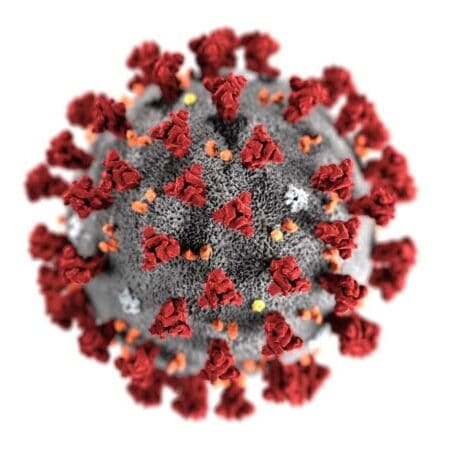U.S. adults increasingly experienced symptoms associated with acute stress and depression as COVID-19 cases and deaths skyrocketed between mid-March and mid-April 2020, according to a study of more than 6,500 people from three large, nationally representative cohorts (Holman et al. 2020).
The COVID-19 pandemic is a collective stressor that is getting worse over time. However, there aren’t many rigorous empirical studies that look at its effects on mental health in large probability-based national samples.
Scientists from the University of California have reported their findings from a study involving more than 6,500 people from three large, nationally representative cohorts, adult residents of the United States.
According to the study published in the journal Science Advances, the participants reported higher rates of experiencing symptoms that are associated with acute stress and depression as the number of COVID-19 cases and deaths skyrocketed between the middle of March and the middle of April 2020.

These symptoms were linked to mental and physical health issues that were already present, in addition to secondary stresses such as the loss of a job and wages. Acute stress and depression symptoms were also linked to increased COVID-19-related media use, as well as an overall increase in media use during the outbreak and exposure to inconsistent information in the media concerning the outbreak.
These findings, as suggested by E. Alison Holman and colleagues, may be used to build public mental health programs that are more specifically targeted. While the majority of attention in the scientific community has been directed into comprehending and treating COVID-19, relatively little investigation has been put into the accompanying mental health crises.
Previous research that investigated the effects of the pandemic on mental health depended on samples that were not typical of the nation as a whole. These samples were obtained via online panels in which participants volunteered their information.
Holman et al. evaluated acute stress, symptoms of depression, and direct, community, and media-based exposures to COVID-19 in three nationally representative cohorts (a total of over 6,500 people) in staggered 10-day periods beginning on March 18, 2020, and ending on April 18, 2020.
The cohorts were studied between the dates of March 18, 2020, and April 18, 2020. Personal exposure to COVID-19, such as testing positive for the virus or coping with a close friend or family member’s diagnosis, was associated with increased anxiety and depression symptoms, but community-level exposure was not associated with these symptoms, according to the findings of Holman and colleagues.
The results show that adults in the United States are more frightened about catching the virus than they are about dealing with the interruptions to their daily lives caused by the pandemic.




















